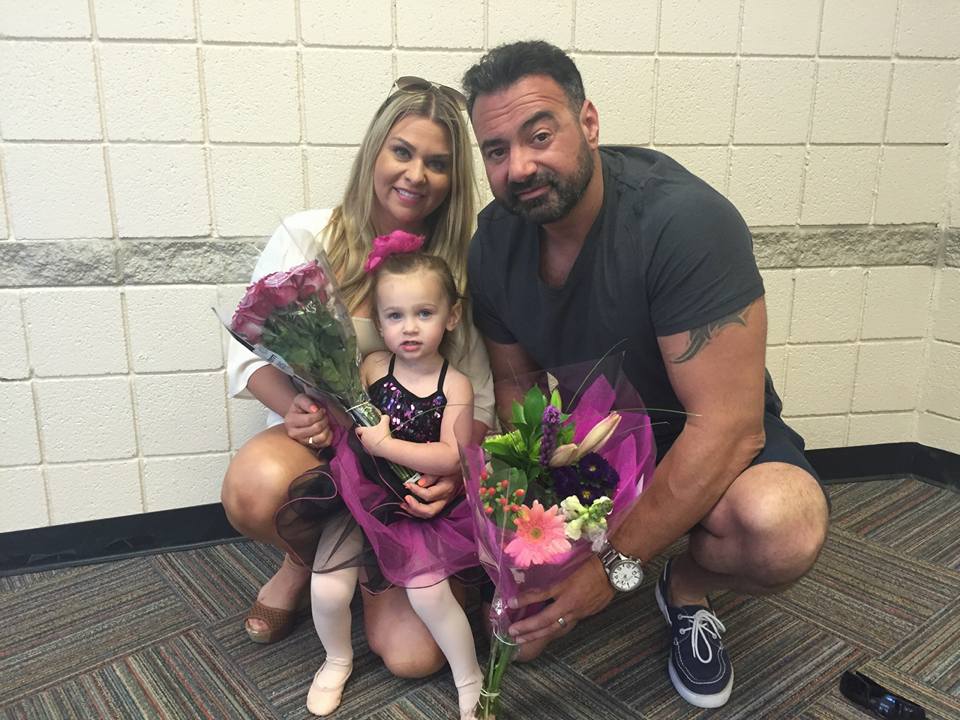Although my daughter is only two, she has already begun forming her charismatic personality and innocent views on the world. I realize that it’s my job to provide her with the tools to flourish and contribute confidently to the universe. While I toss and turn at night because our lack of sound presidential nominees, the future of public bathroom propagandas, the current crisis in gun control and the increased cost of our organic-everything life, I’ve made a commitment to myself to instill in my family morals and values that I hope preserves forever. For example, I think simple acts of kindness, respect and empathy will change our world. I also think that bringing God back into our society is a necessity.

My husband and I have researched and discussed a variety of issues, including homosexual lifestyle’s affecting a young child and whether or not we should have our young daughter participate in activities with children that have disabilities. I’ve also had the opportunity to learn about nuerodiversity from Lloyd Claycomb, which is an approach to learning and disability. The neurodiversity movement, which includes autism, promotes support systems and independent living for those with neurological conditions. In addition, partially due to Target, I get to add transgender identification to my checklists on early childhood conversations.
Worrying about all of this can swiftly become a full time job, which I absolutely do not have time for. Therefore, we have a list of behaviors that can be cognitively incorporated into all families - no matter what your kids ages are. Even though these won’t necessarily change the world, I believe it is a start.
- Strength Awareness – Everyone has different strengths, talents, abilities, capacities and interests. By teaching the younger generation about their own qualities as well as how to recognize the good in others, we are teaching them to live with a positive sense of self while eliminating the potential bully in them.
- The Art of Compassion - Explain to your child that everyone has different abilities and challenges. Describe to them that they will eventually meet people who may exhibit different looks and traits. Every child will react differently, and you know your child best, so teach them in a way that helps them understand.
- Lead By Example – I know the kind of woman I would like to prepare my daughter to be and I also realize I must show her how to be this woman. She’s only two years old and she already mimics nearly everything I do and say. It’s a tough job, but we are literally forming our kids into their future selves.
- The Forgotten Practice of Respect - In previous centuries, children were taught to respect parents, teachers, elders, school rules, traffic laws, family and cultural traditions, other people's feelings and rights, our country's flag and leaders as well as people's differing opinions. As a child, I knew the difference between standing up for my own beliefs while respecting the ideas of others. I hope to teach this list to my daughter and future children, plus add other ideas that are significant in our modern society, such as sexual orientation, gender identification, political affiliations and ethnicity.
- Communication Techniques – Be sure your child knows that kids communicate in a variety of ways. Emphasize that different communication methods don’t make someone “less” and “more”. Teach your child that kindness, acceptance and respect are critical traits to have. Give your child examples of how they can communicate with their peers who communicate differently than they do.
